Years into civilian jobs, vets struggle with networking, resume skills

It’s not just young veterans who face trouble finding good jobs. Labor Department officials have found a growing number of veterans who have held civilian posts for years asking for help with resume writing and networking to facilitate their next career step.
“Oftentimes, when veterans first get out of the military, they’re landing in a job because that’s what they need to be economically sustainable,” James Rodriguez, assistant secretary for the Veterans’ Employment and Training Service, said in an interview with Military Times ahead of Labor Day.
“But after they’ve got some education and some additional training, now they want to get connected to different careers. … And sometimes you need someone to help you navigate through all of that noise, help you understand how to leverage your military training, all the professional development that you had and how to land one of these great-paying career opportunities.”
That demand has been one of the revelations of the Labor Department’s Off-Base Transition Training Program, launched as a pilot in early 2022 to assist veterans, troops and their spouses in accessing job training assistance on issues like interviewing, professional outreach and resume writing.
RELATED
Now in its third year, the program has expanded to 37 cities in 10 states, all targeted as areas with lower veteran employment rates than the national average. Through the first nine months of fiscal 2024, the program had 9,983 participants — up nearly 160% from the total for all of fiscal 2023.
Of the nearly 18,000 enrollees, about 55% have been out of the ranks for more than 4 years and roughly 40% left the military more than 10 years ago.
Program organizers have focused on ways to guide participants to in-demand jobs with higher pay and strong career advancement opportunities, appealing to both newly separated troops and veterans out for several years. That includes ways to target pitches to employers looking for those skills and connecting with local businesses looking for employees.
“In Texas or New York, where they’re planning to build these giant factories to build microchips, we want the veterans to understand that those types of occupations are going to exist,” Rodriguez said. “So that’s a big part of what our employment navigators do.”
Rodriguez, who served 21 years in the Marine Corps, said he’s also continuing his own pitch to business leaders about hiring veterans, both young and old.
“It’s a consistent conversation we have to have,” he said. “Our veterans outperformed their nonveteran peers (in the civilian workforce). We contribute to the economy at a higher rate than our nonveteran peers. We stay at an organization longer than our nonveteran peers, if the right culture fit is there.
“So those types of things are good for business, and that’s the message I constantly give to employers.”
The next step, he said, is getting more veterans ready for those employers to hire. The program is on track to expand to 20 states by 2027, but department officials will need additional funding approved by Congress to continue the effort past the planned five-year pilot timeline.
More information on the Off-Base Transition Training Program and other job help resources is available through the Labor Department’s website.
Leo covers Congress, Veterans Affairs and the White House for Military Times. He has covered Washington, D.C. since 2004, focusing on military personnel and veterans policies. His work has earned numerous honors, including a 2009 Polk award, a 2010 National Headliner Award, the IAVA Leadership in Journalism award and the VFW News Media award.
Read the full article here







